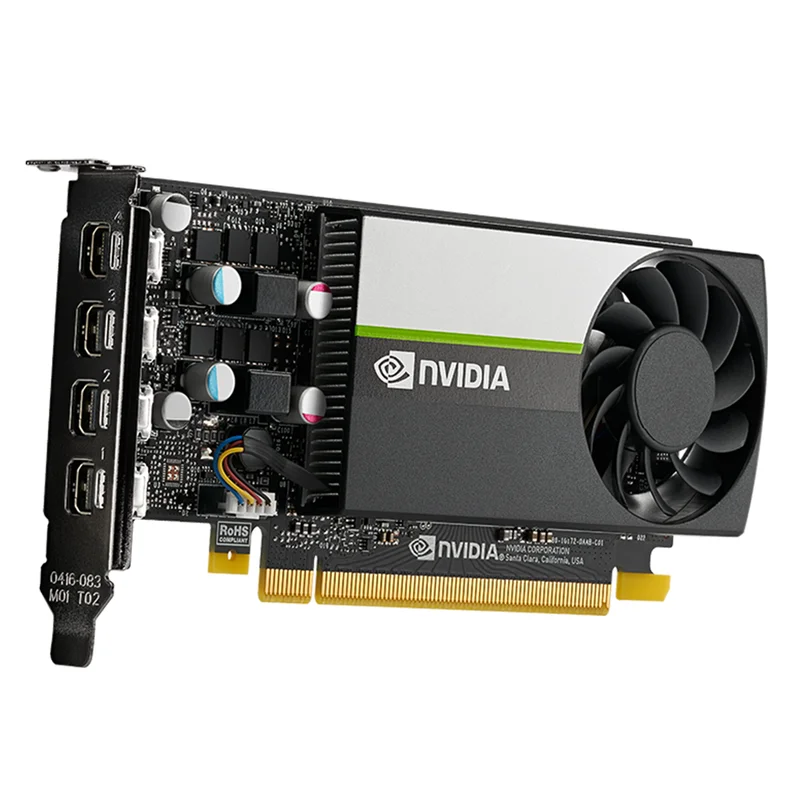Nvidia's "Disconnect": What Internal Emails Reveal
Title: Nvidia's Software Sales: Are They Selling a Mirage?
Nvidia's soaring valuation, recently peaking at a $5 trillion market cap, is largely fueled by the AI hardware boom. But buried beneath the headlines of chip dominance lies a nagging question: can they actually sell their software? Internal emails paint a picture of growing pains as Nvidia tries to convince clients, especially in highly regulated industries, to buy into their "comprehensive software story."
Cracks in the Foundation
The emails, originating from Nvidia's Worldwide Field Operations, highlight a concerning lack of cohesion. "Everyone is hacking their own decks together and we need to come up with one company message," one email bluntly states. This suggests a fundamental disorganization within the sales team itself. It's not just about selling the software; it's about presenting a unified front, something they apparently haven't achieved. The emails specifically reference sales of Nvidia AI Enterprise (NVAIE), along with other software like Run:ai, Omniverse, and vGPU. Nvidia AI Enterprise, launched in 2021, is supposed to be the cornerstone, helping clients build their own AI applications using Nvidia's chips and CUDA software.
While Nvidia doesn't break out business software revenue in its earnings reports (a frustrating lack of transparency, if you ask me), software is meant to drive recurring revenue and increase customer lock-in. Makes sense in theory.
So, what's the reality? According to a July email, stand-alone software sales in North and Latin America are projected to hit 110% of targets in the third quarter of fiscal 2026. That sounds great, right? But here's the kicker: software sold alongside hardware is expected to reach only 39% of its goal. This discrepancy is massive. It suggests that customers are willing to experiment with Nvidia's software independently, but they're hesitant to integrate it deeply into their existing hardware infrastructure. Why this reticence?
The Legal Labyrinth
The emails point to a "fundamental disconnect" between Nvidia and clients' legal and procurement teams, especially in regulated sectors like finance and healthcare. Data security and indemnity obligations are major sticking points. Clients are asking for higher damages caps than Nvidia is comfortable with. This isn't just about price; it's about risk. These companies are essentially saying, "We don't fully trust your software, and we need to be protected if things go wrong."

One email from August highlights the need to educate prospective clients' procurement and legal teams on what the AI Enterprise software is, and more importantly, what it isn't. This suggests Nvidia is struggling to clearly define the scope and limitations of its software offerings, leading to mistrust and stalled negotiations. Nvidia's internal emails reveal a 'fundamental disconnect' with major software clients
And this is the part of the report that I find genuinely puzzling. You'd think a company of Nvidia's size and sophistication would have ironed out these legal and contractual issues long ago. The fact that they're still grappling with them suggests a deeper issue: perhaps they're overpromising on the capabilities of their software, leading to inflated expectations and legal pushback.
Nvidia's overall software sales forecast for that quarter was $78.7 million, driven primarily by NVAIE, projected to hit 186% of its target. But if the bulk of that growth is coming from stand-alone software sales, and hardware-integrated software is lagging far behind, it raises serious questions about the long-term sustainability of this model.
The situation reminds me of a mirage in the desert: shimmering and enticing from afar, but ultimately dissolving upon closer inspection. Are Nvidia's software sales a genuine oasis of recurring revenue, or just a temporary illusion fueled by hype and unrealistic expectations?
The Promise Exceeds the Delivery
In the end, it boils down to trust. Nvidia has built an empire on its hardware, but its software ambitions are facing a much tougher challenge. Until they can bridge the gap between their vision and the practical, legal, and security concerns of their clients, that $5 trillion valuation might be resting on shakier ground than many realize.
